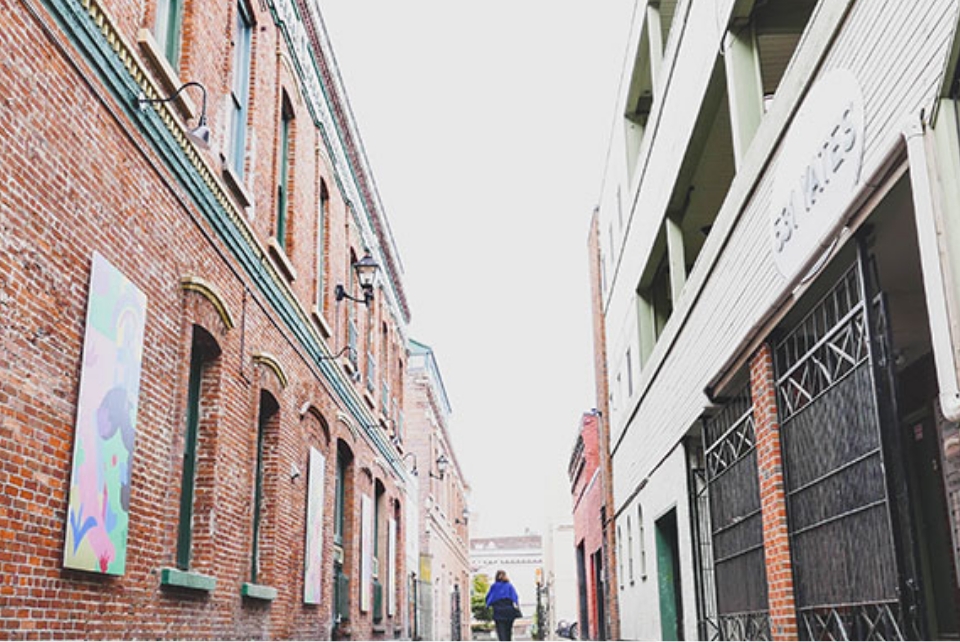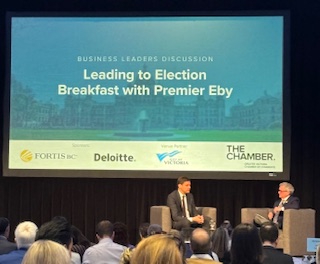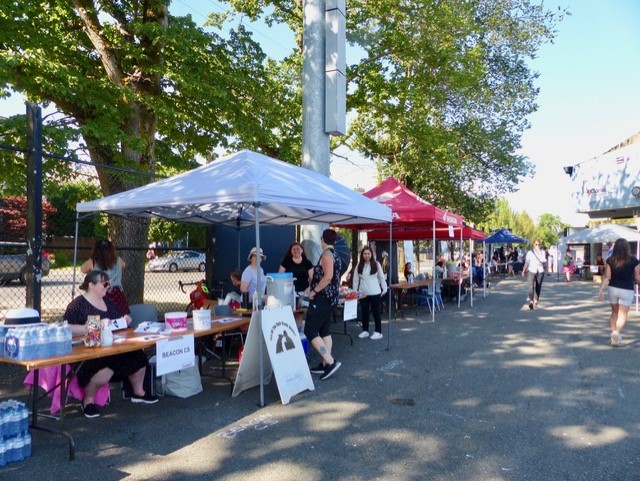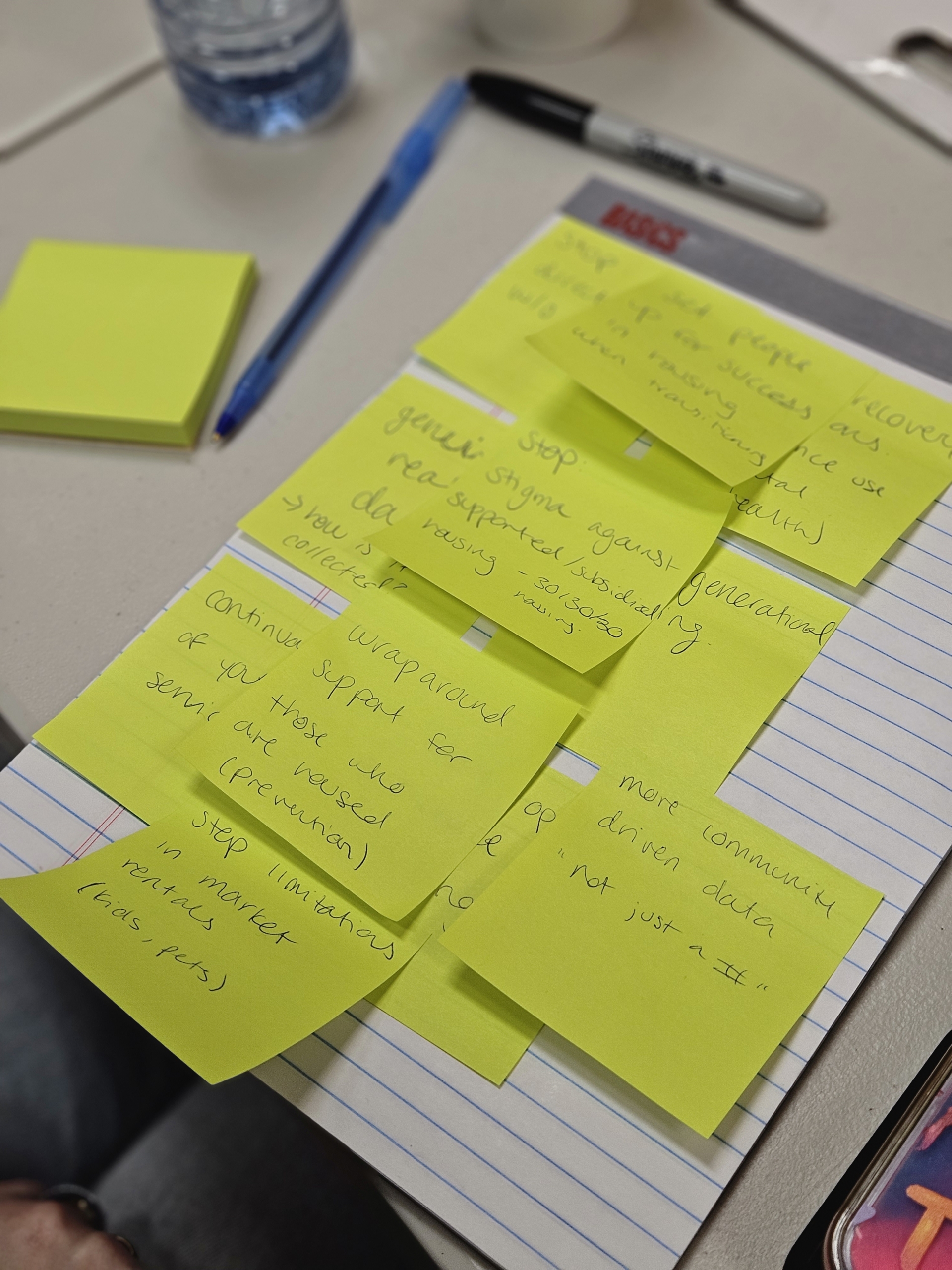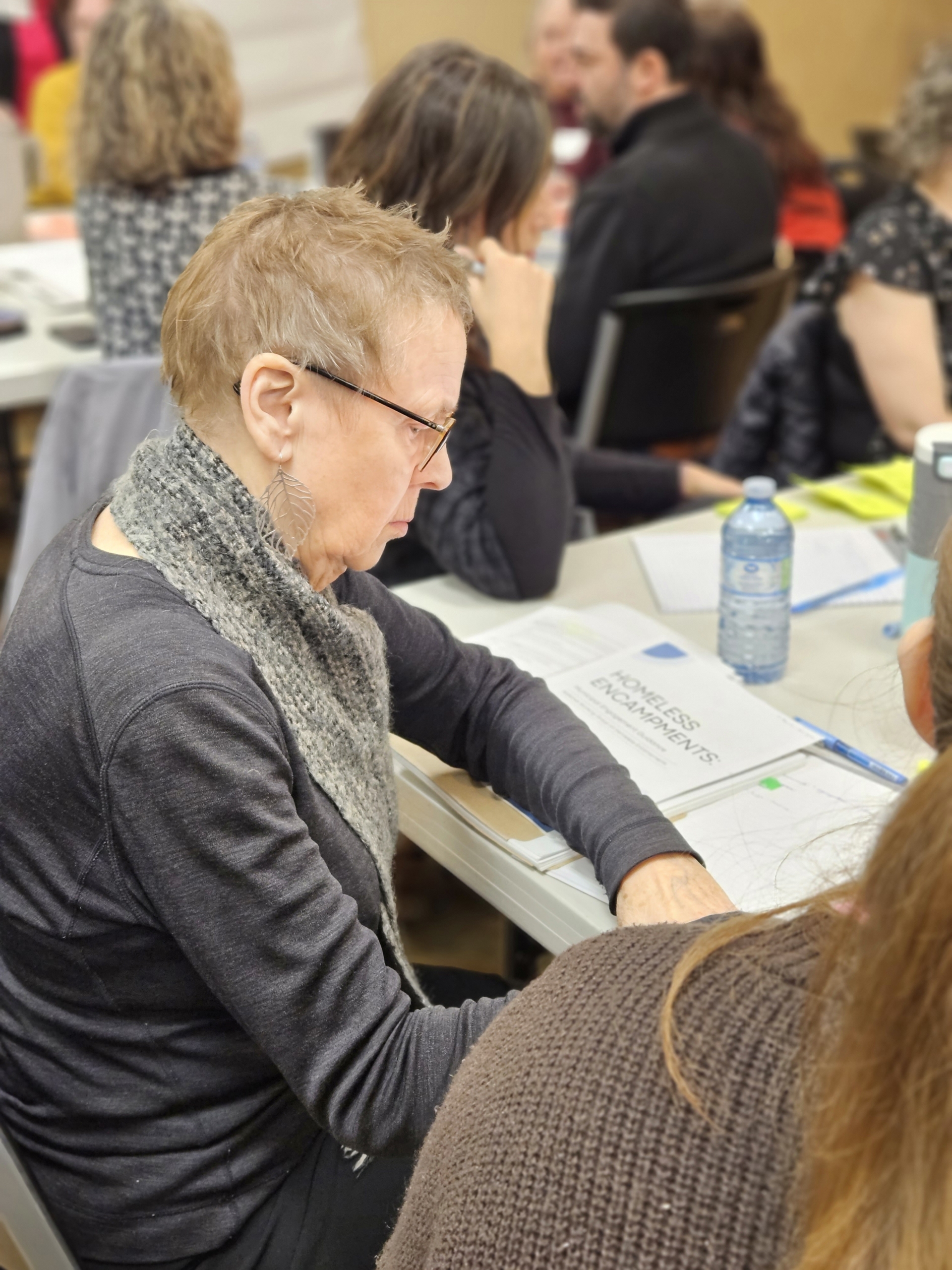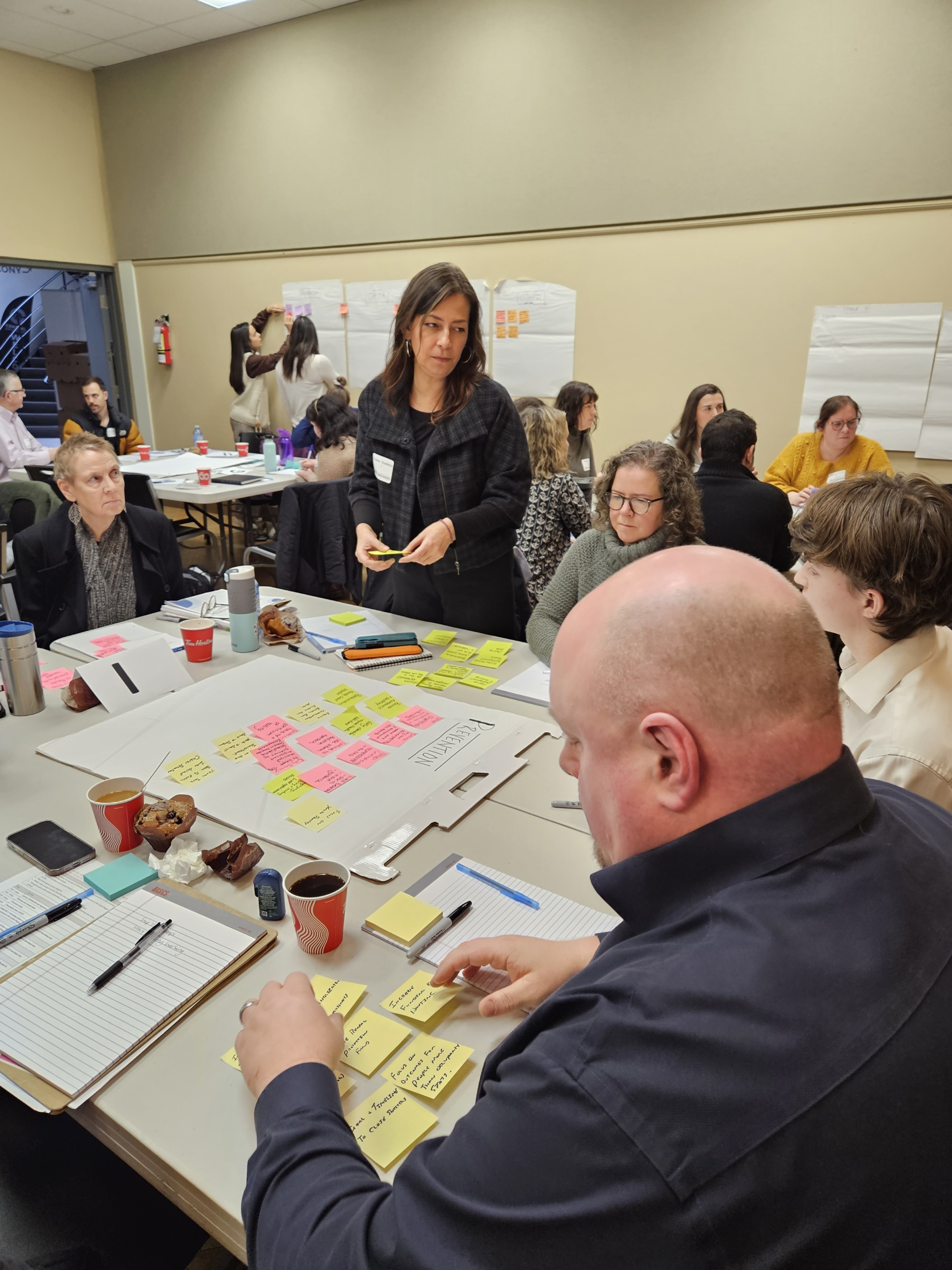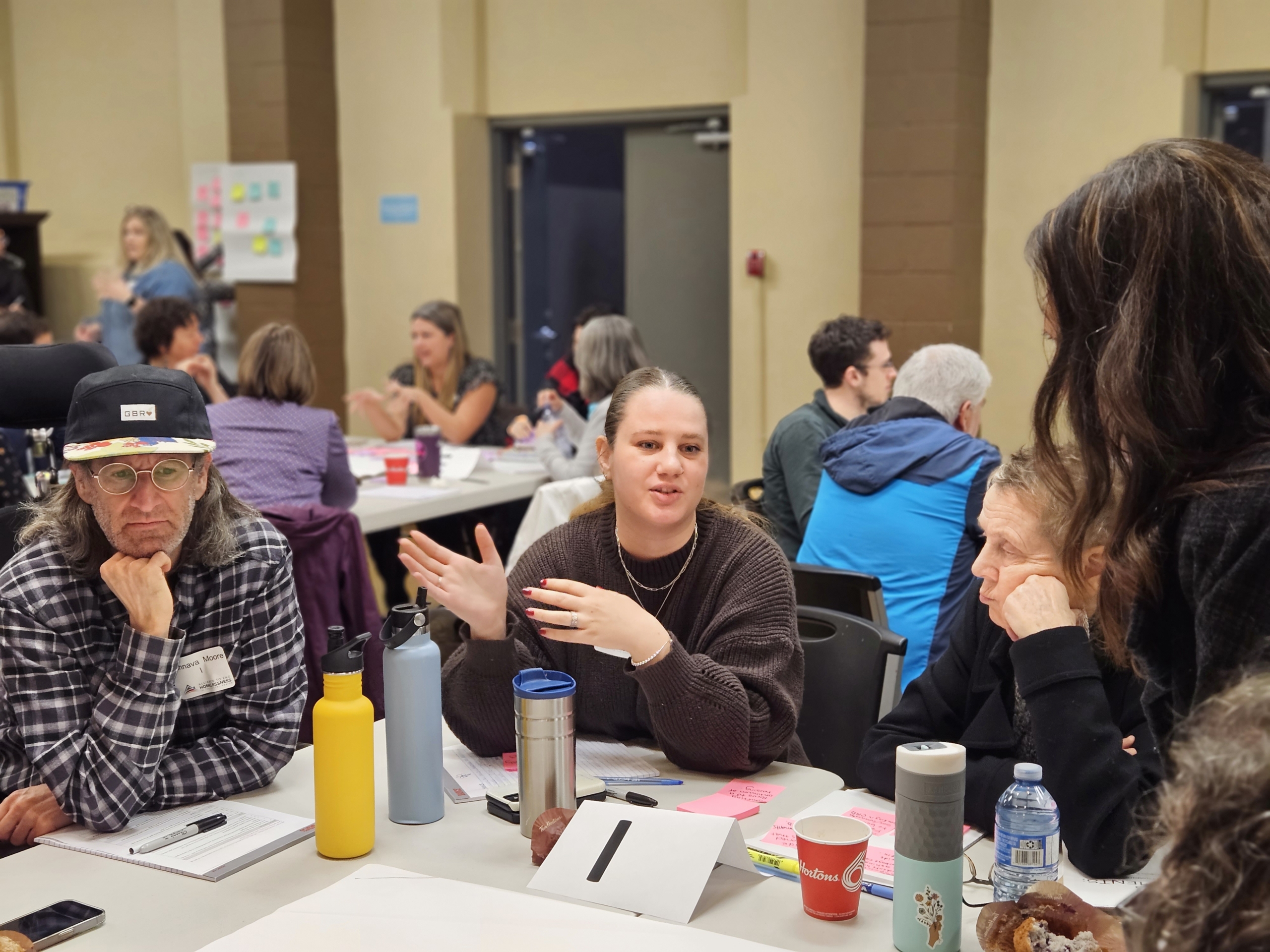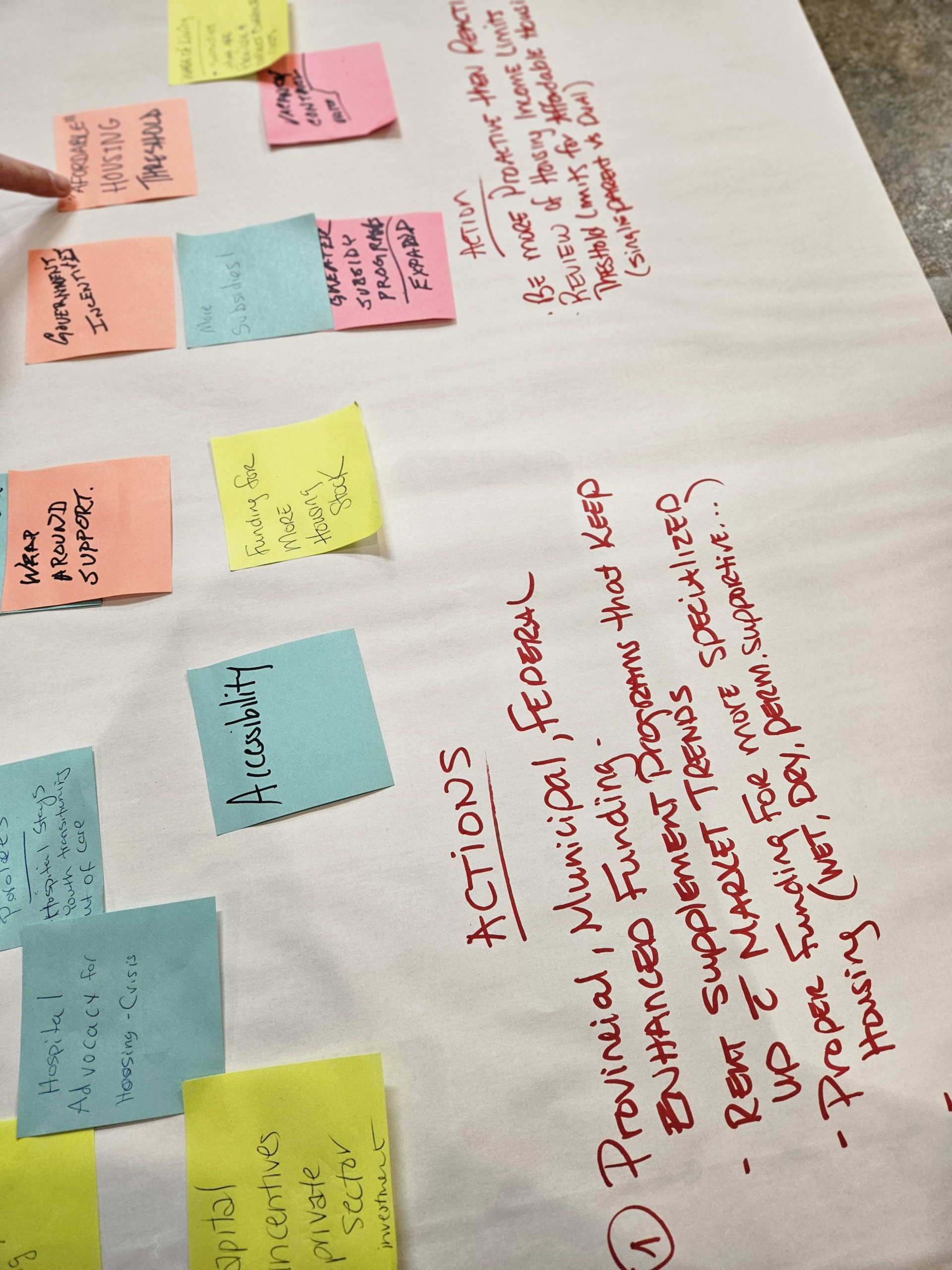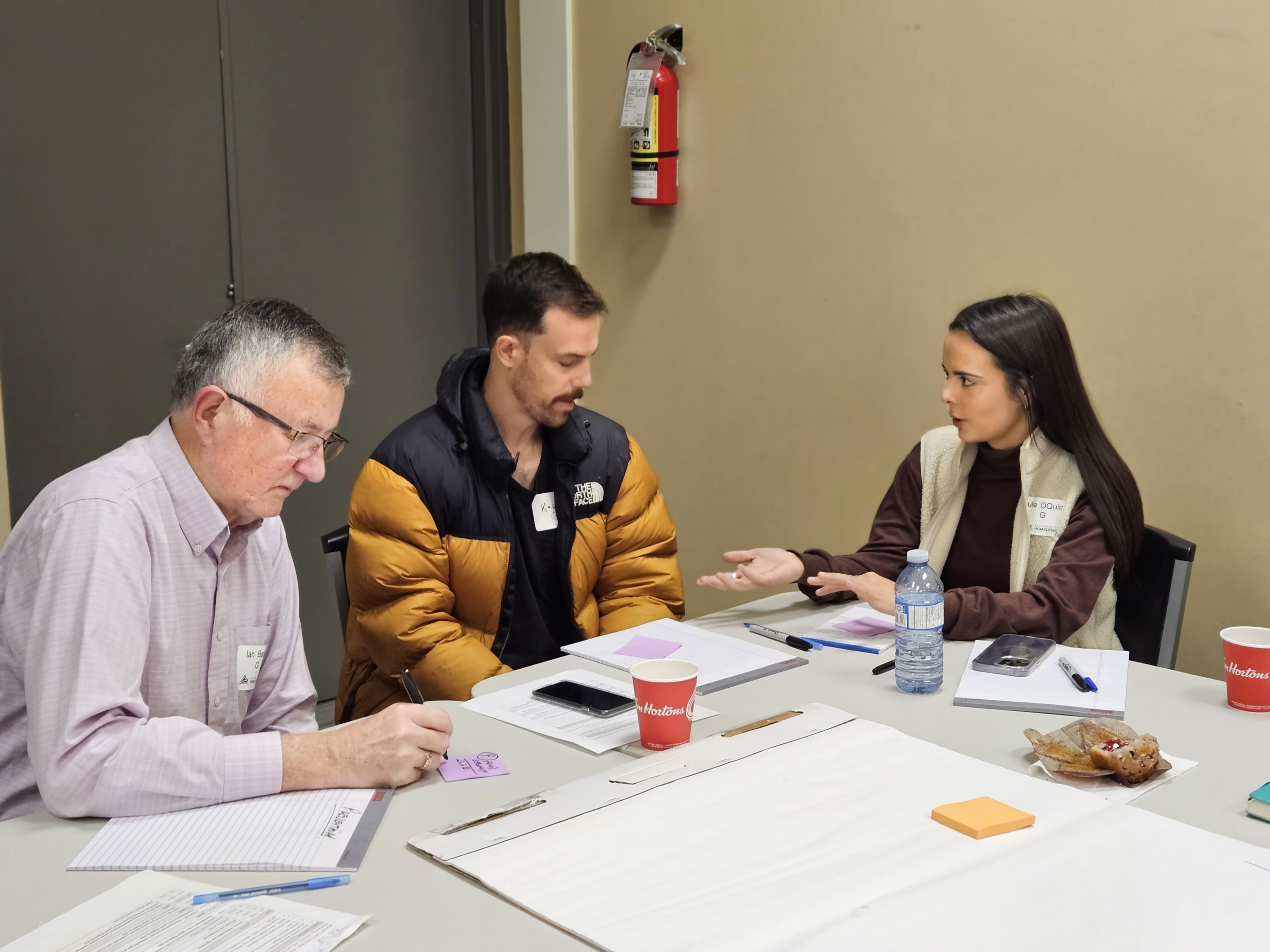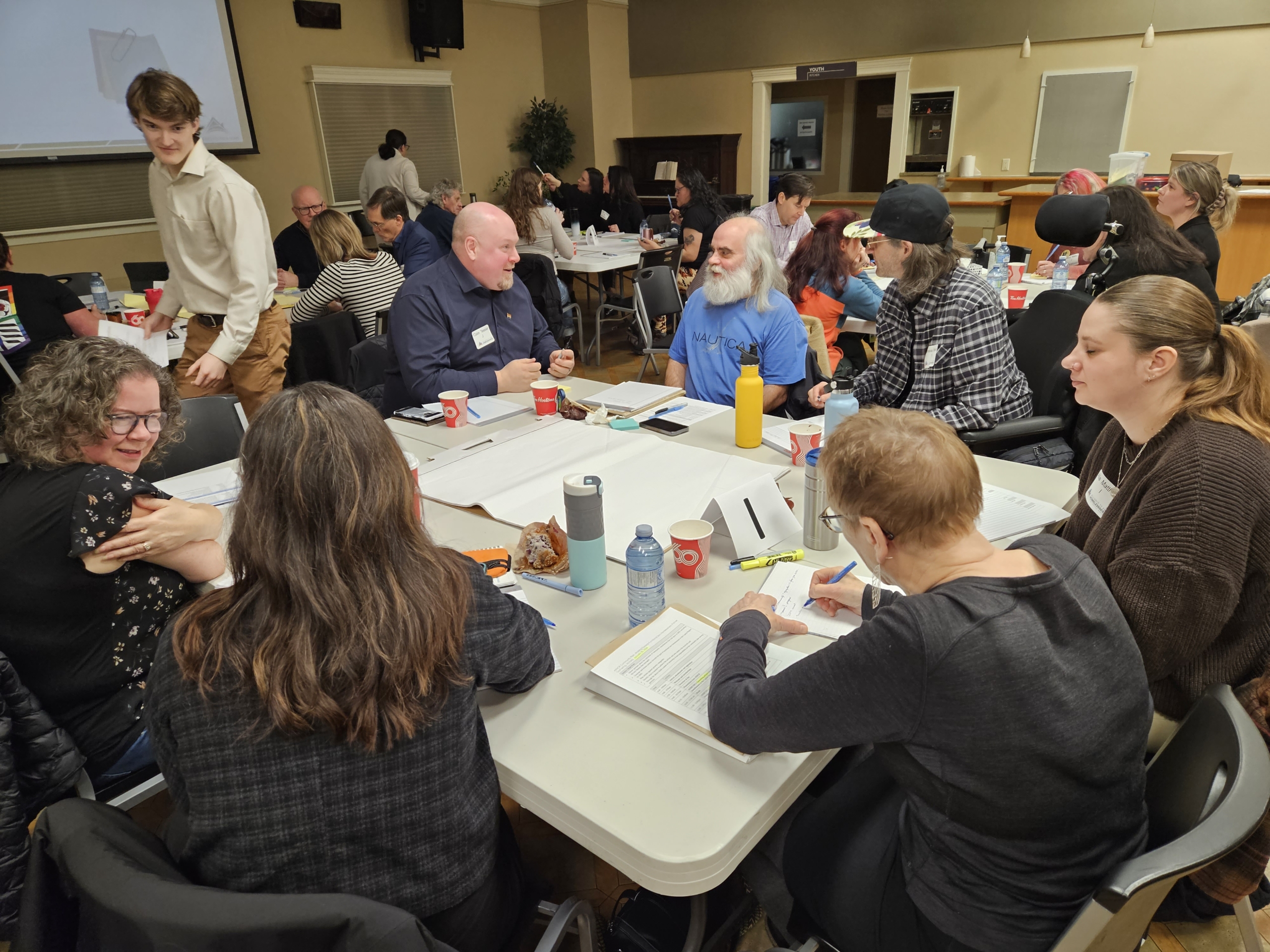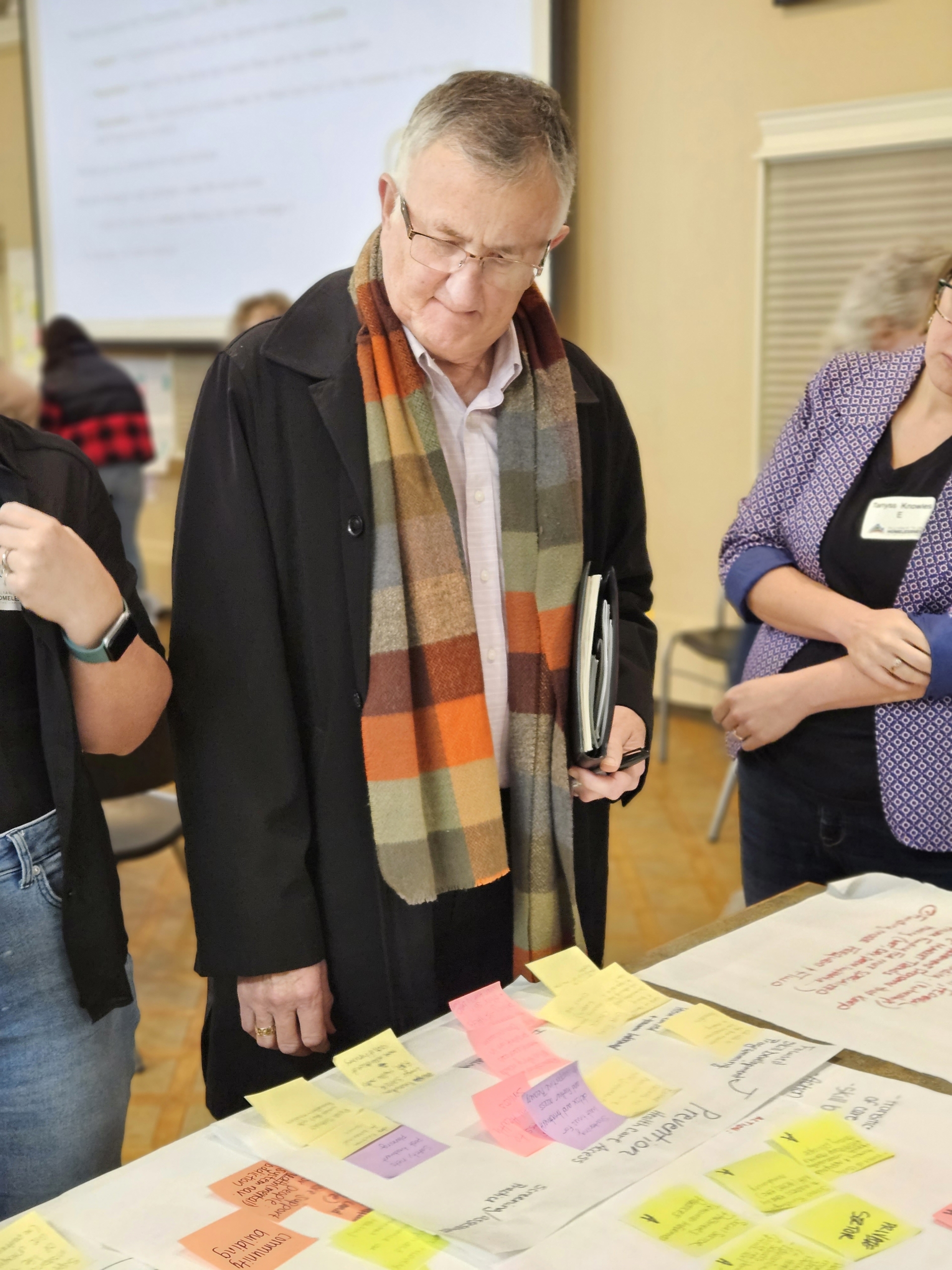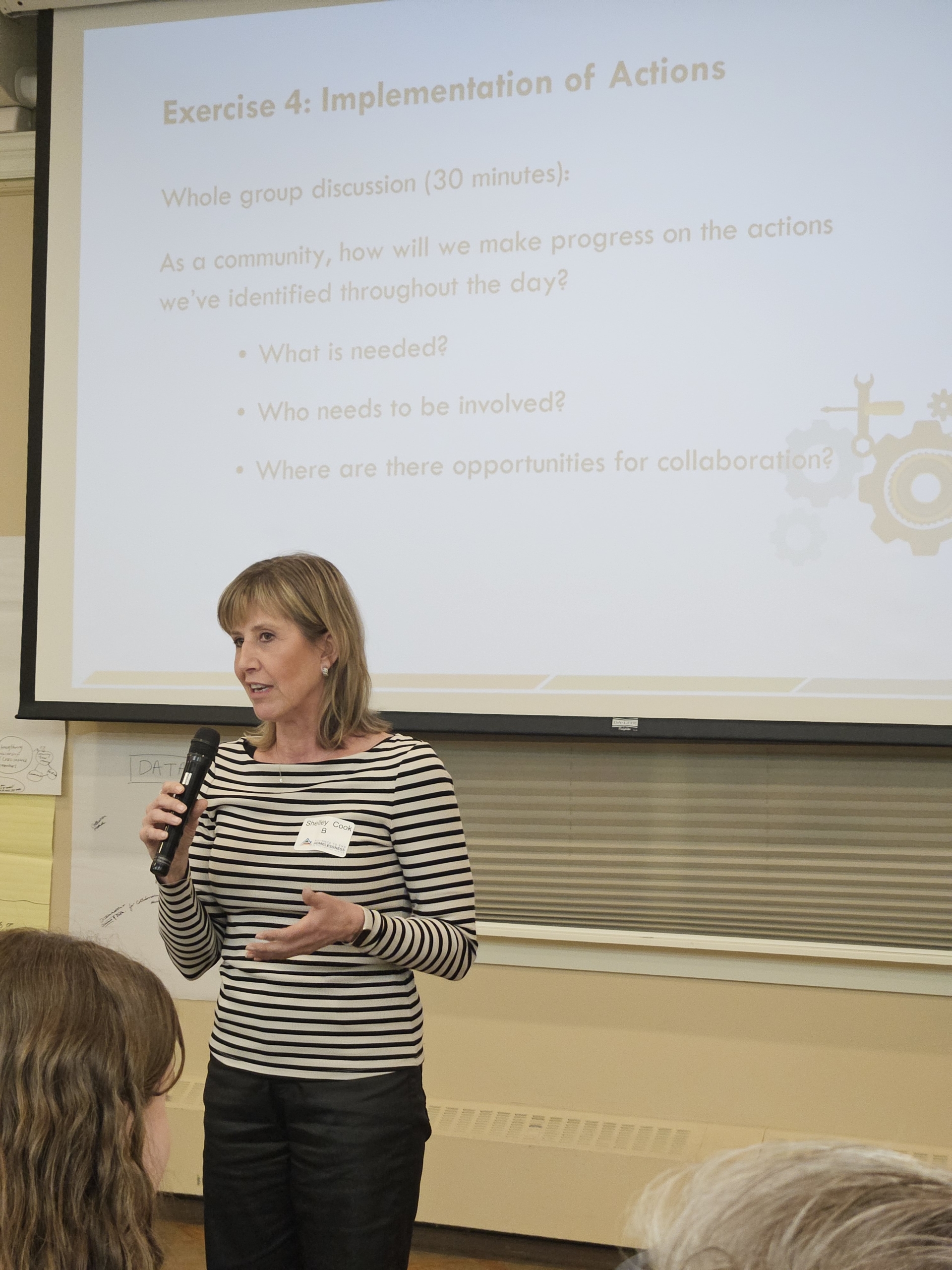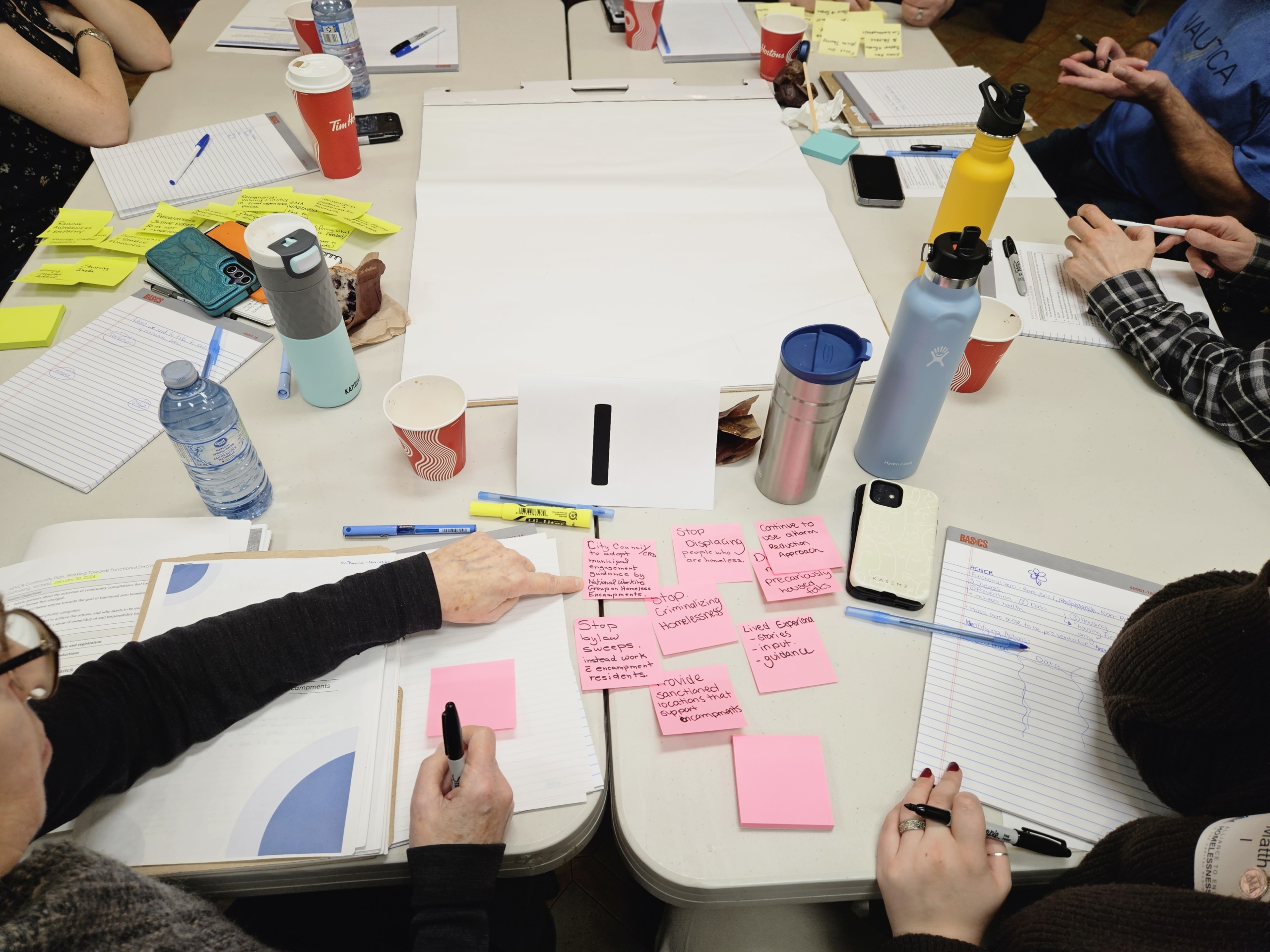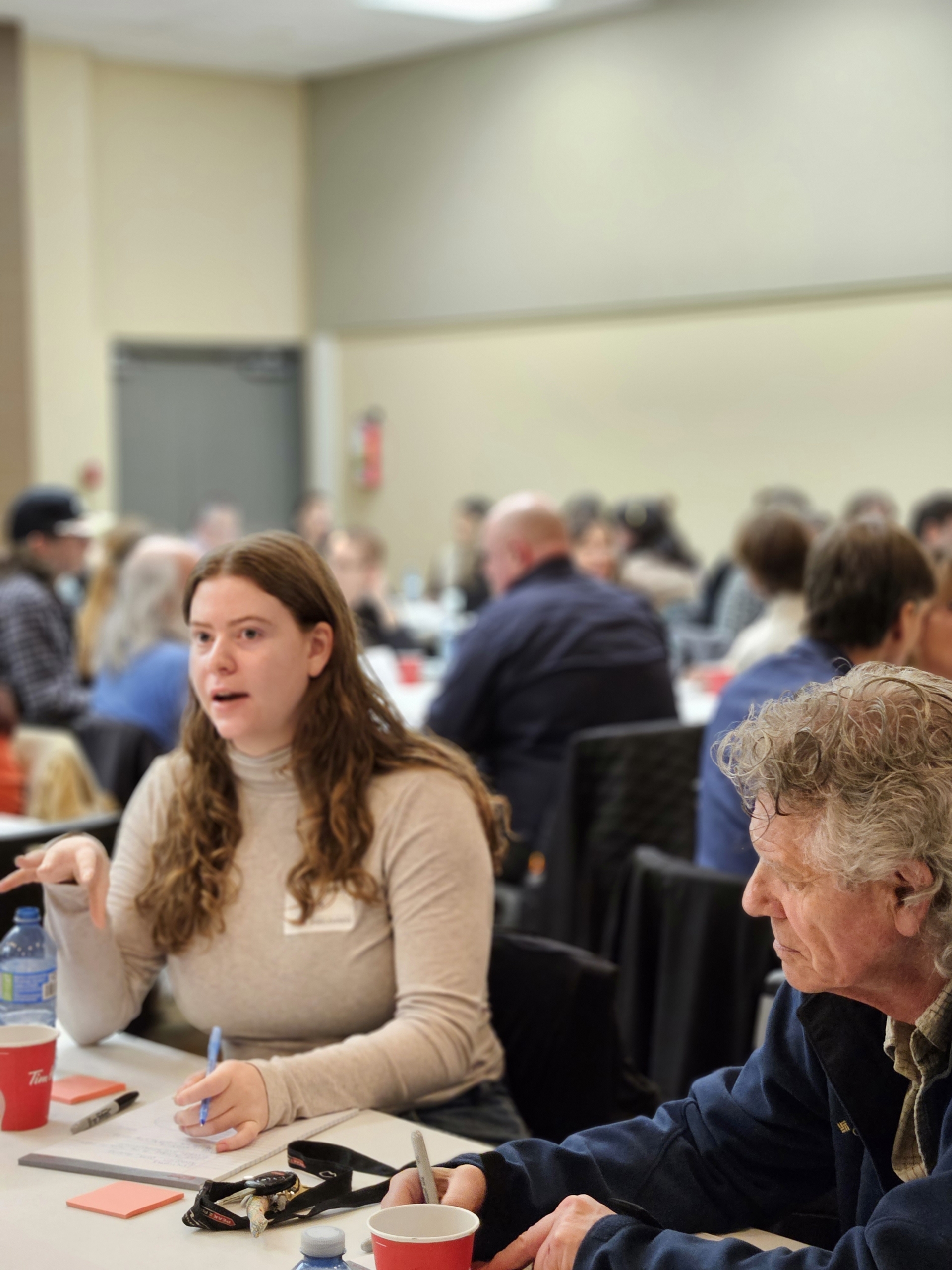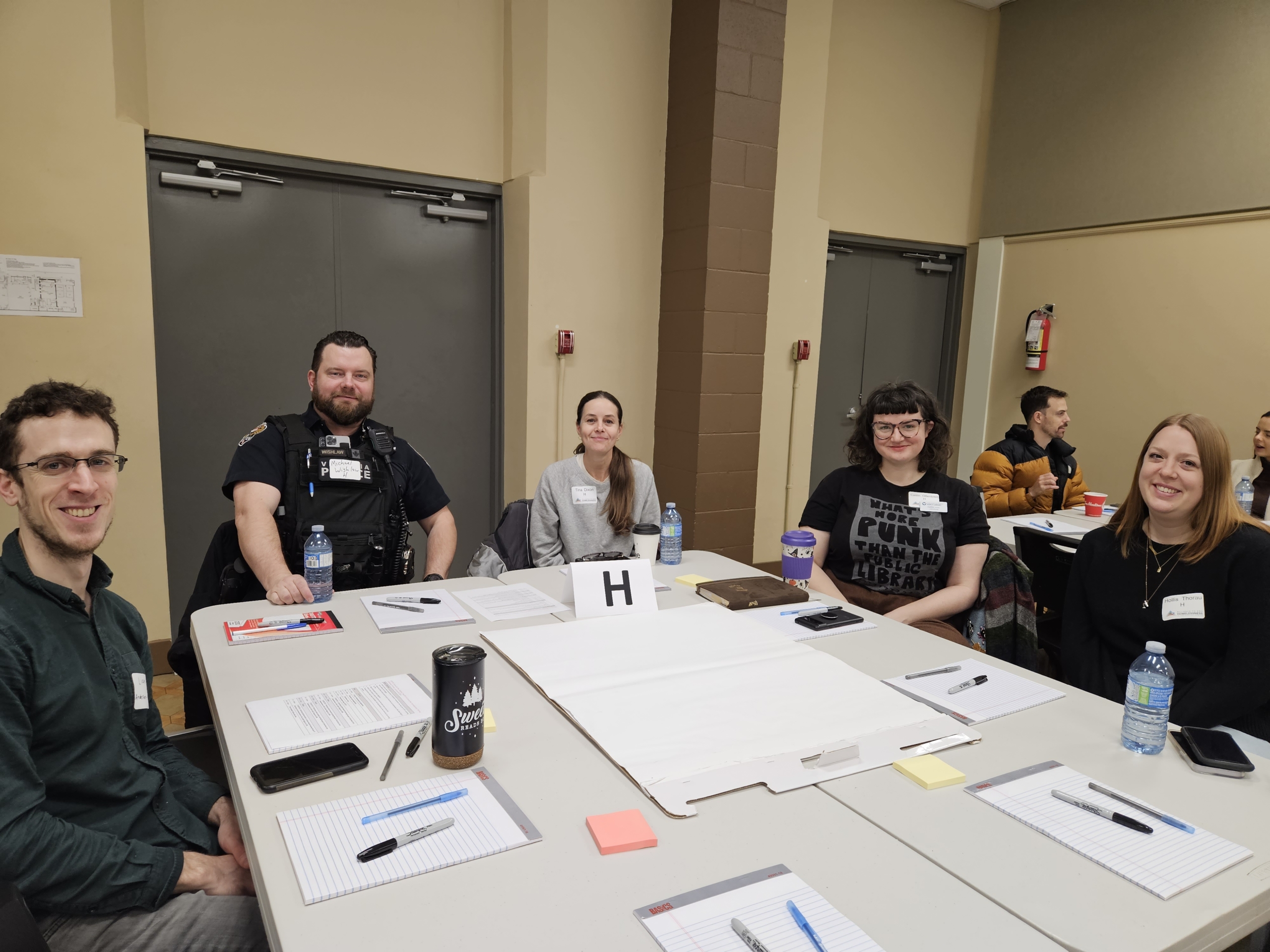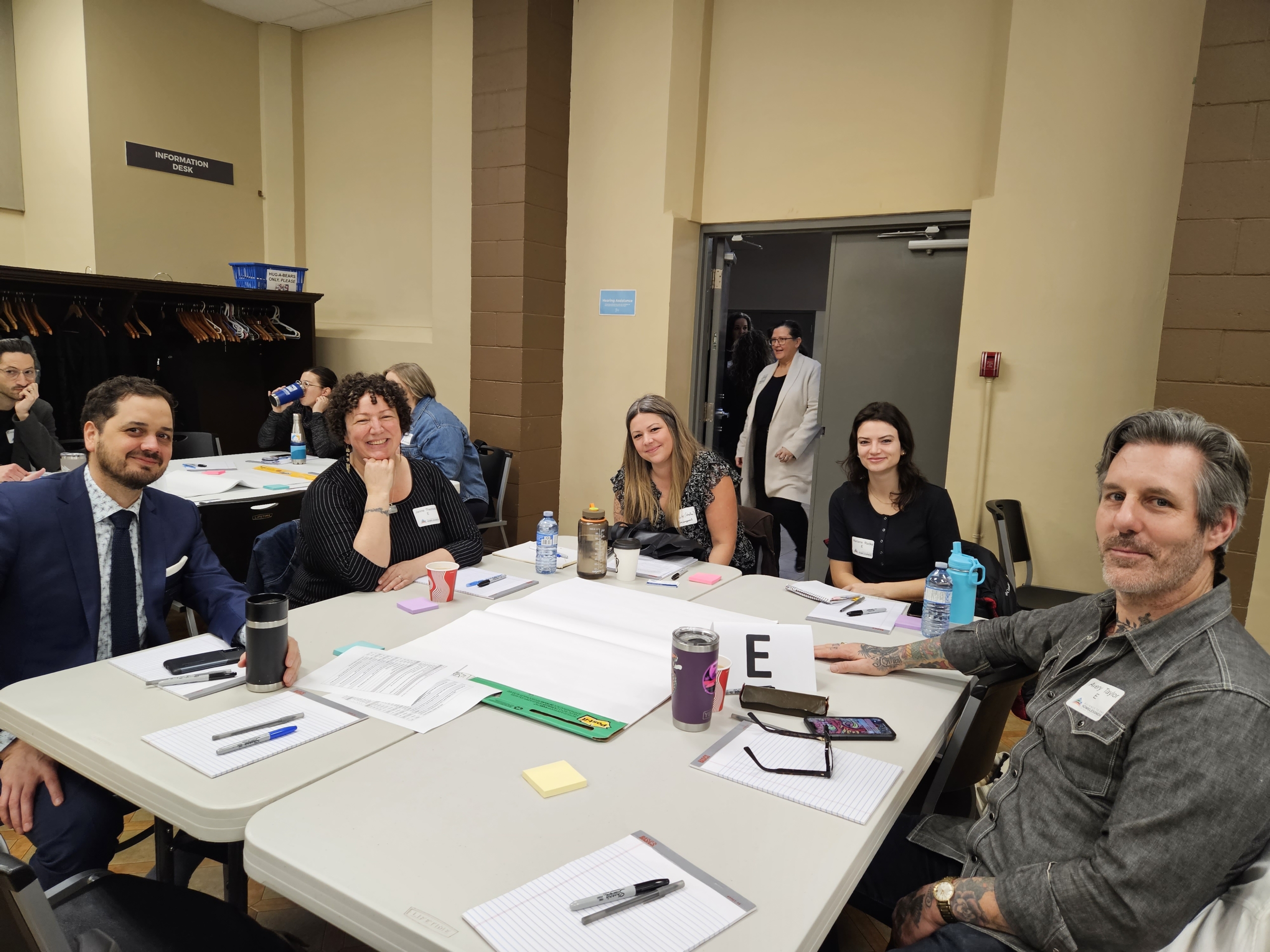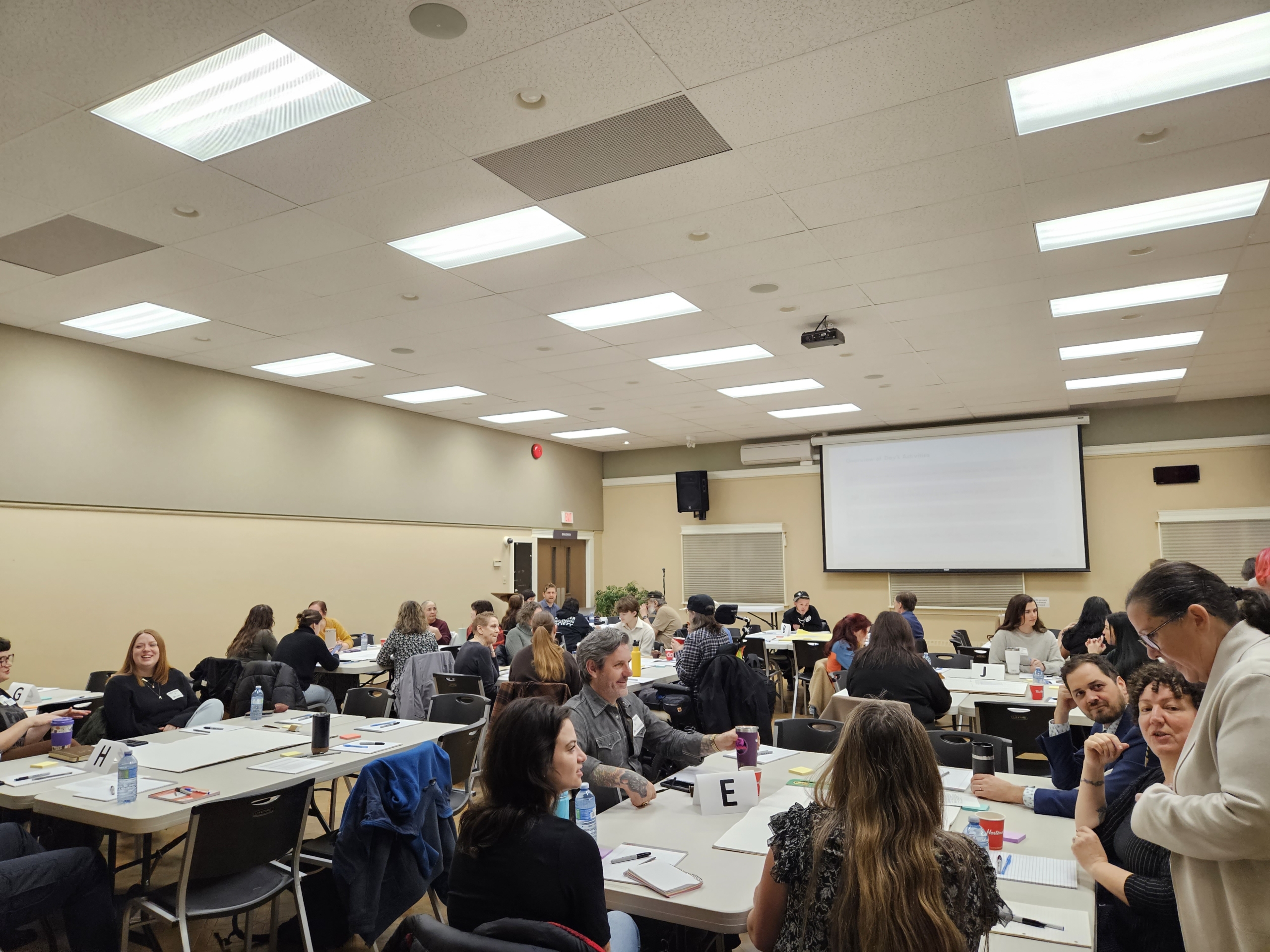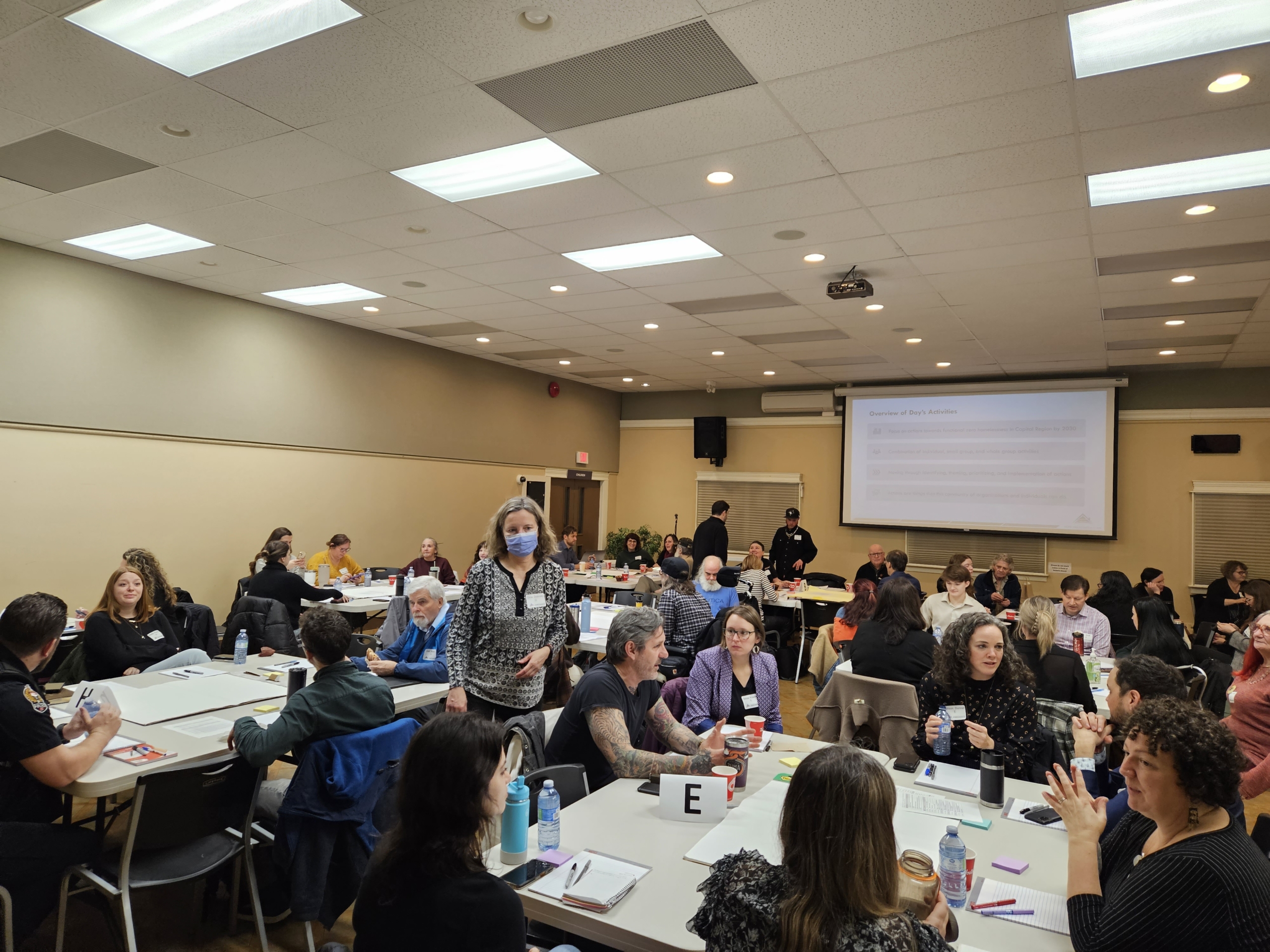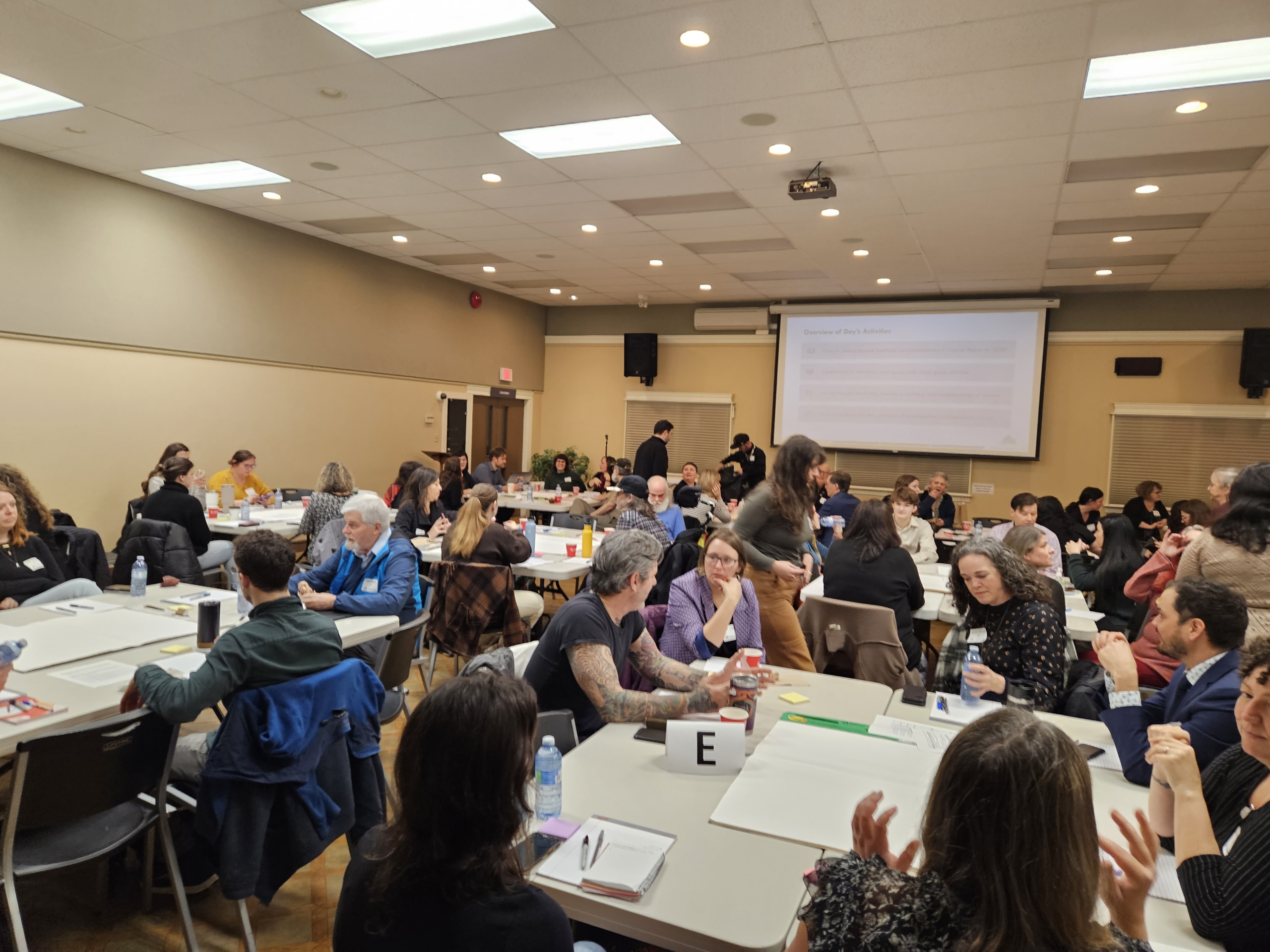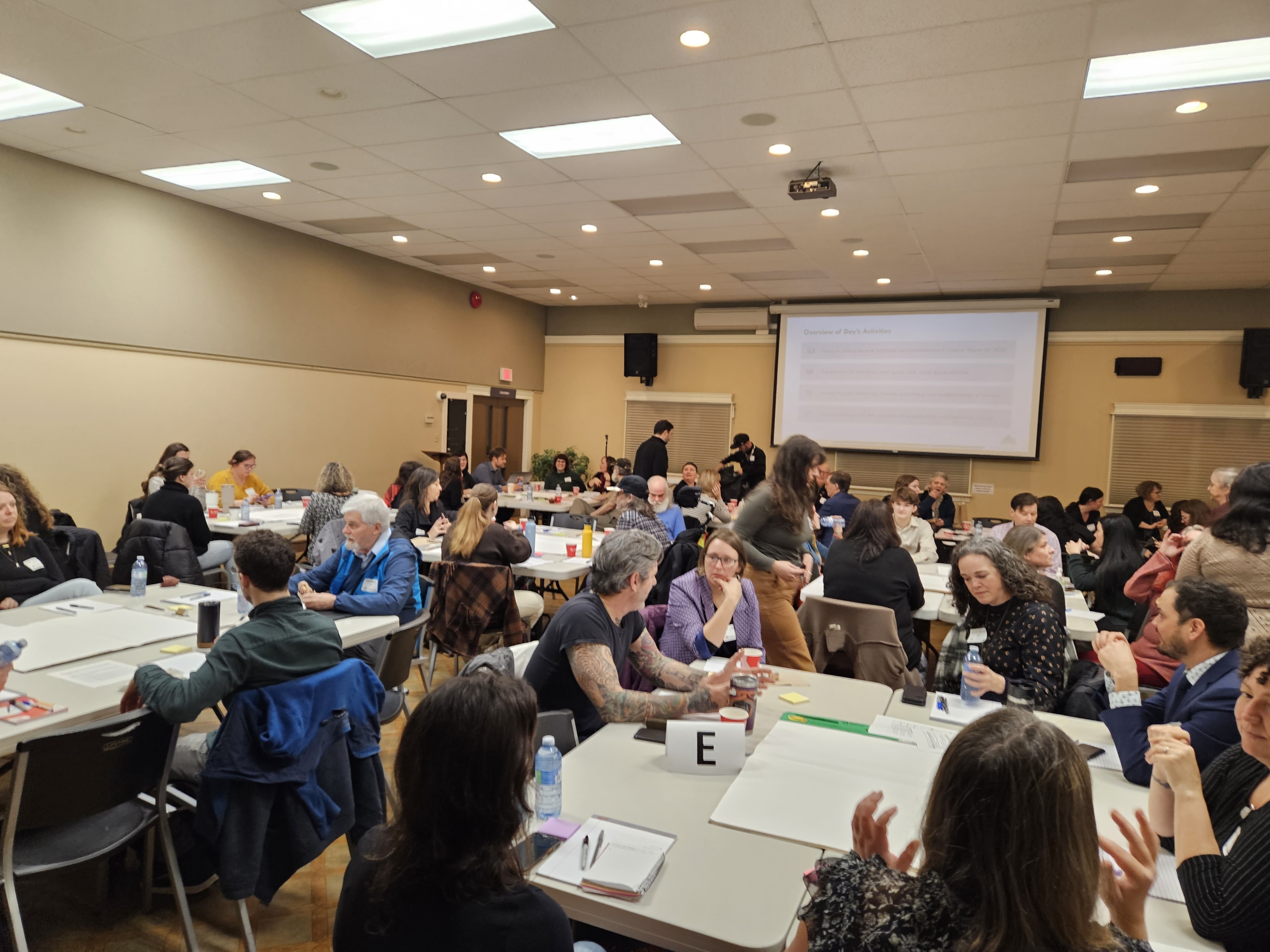Celebrating National Homeless Persons Memorial Day: A Vigil for Change and Hope
On December 21, the Alliance to End Homelessness in the Capital Region gathered at Whale Wall, Reeson Park, to mark National Homeless Persons Memorial Day—a day dedicated to remembering those who have tragically lost their lives to homelessness and poverty. This candlelight vigil served as a powerful reminder of the systemic challenges unhoused individuals face, as well as a call to action for the collective work needed to end homelessness in our community. The vigil highlighted the profound impact of government policies, the lack of adequate resources, and the urgent need for systemic change. It was not just a night of remembrance, but a night to renew our commitment to ensuring that housing is recognized as a fundamental human right. A Powerful Start to the Evening The vigil began with opening remarks from Sylvia Ceacero, CEO of the Alliance to End Homelessness in the Capital Region, who welcomed attendees and emphasized the purpose of the event: to commemorate the lives lost on the streets and to raise awareness about the urgent need for change. Sylvia spoke passionately about the importance of community solidarity and the need to challenge the systemic issues contributing to homelessness. Marlene Stevens, an advocate for Indigenous harm reduction, also shared her thoughts, reflecting on her work with the First Nations Health Authority and the Alliance to End Homelessness. Marlene offered a traditional tobacco offering and read a proclamation on National Homeless Persons Memorial Day, asserting that housing is a basic human right. She shared a personal story of resilience, recalling a former inmate who had successfully turned his life around, a powerful reminder of the importance of hope in overcoming adversity. Personal Stories of Struggle and Survival The evening continued with personal stories from those who have lived through the experience of homelessness. Martin, a former homeless individual and frontline worker, shared his story of being homeless for five years and his work advocating for change. He criticized local municipal policies that continue to displace homeless people and highlighted the tragic case of Shea Smith, a man who was displaced several times before his death. This case exemplified the deep systemic issues that contribute to homelessness. Susan Martin also took the floor, calling for solidarity and better resources for unhoused individuals. She noted that 33% of Victoria’s homeless population is Indigenous, pointing to the need for greater support for marginalized communities. David, another local advocate, spoke poignantly about the recent loss of nine people in just seven days, emphasizing the need for urgent action to prevent further deaths and provide better resources to the homeless community. Leonard and Brian, both of whom have experienced homelessness firsthand, shared their personal journeys. Leonard spoke about the importance of education and socialization in overcoming the challenges of homelessness, while Brian shared his experience of moving from homelessness to housing, underscoring the importance of housing as a fundamental right. A Call to Action The vigil concluded with a moment of silence for those who have died on the streets, a time to reflect and honor their lives. Sylvia Ceacero reminded those present that, while we mourn those we’ve lost, we must also commit to taking action to end homelessness in our community. She emphasized that homelessness is not inevitable—it is a societal choice, and we have the power to change the system. As we enter the new year, the Alliance to End Homelessness remains dedicated to advocating for affordable and supportive housing. We encourage everyone to get involved and take action, whether through: – Advocating for more affordable and supportive housing to address homelessness. – Writing to local mayors and councils to express concern about the treatment of unhoused individuals and demand immediate action. – Organizing and participating in future events to continue the fight for solutions to homelessness. Together, we can create a community where homelessness is no longer a crisis. By leading with love, equity, and a shared commitment to social justice, we can work toward a future where everyone has access to safe and stable housing. Let’s carry the spirit of this vigil into the new year, with renewed determination to make homelessness a thing of the past. Get Involved Join us in our mission to end homelessness in the Capital Region. Together, we can create lasting change. For more information on how to get involved, visit victoriahomelessness.ca This memorial vigil not only honored those we’ve lost but reignited the call for tangible solutions to homelessness. As we face the new year, let us remain united in the belief that with compassion, collaboration, and determination, we can bring about real change for our unhoused neighbors.

